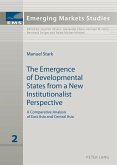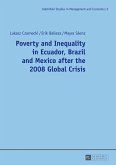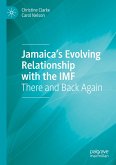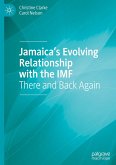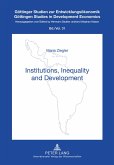This book analyzes the determinants of national policy toward the International Monetary Fund (IMF) in the course of a credit arrangement. It examines why national governments decide to enter into a credit arrangement with the IMF and under what circumstances they implement the conditions attached to such credit. Based on a political economy framework, various hypotheses on the determinants of national policy toward the IMF are elaborated. These include the influence of political and economic factors and also consider the behavior of the IMF. The author validates the hypotheses by analyzing the policy of Brazil between 1993 and 2005, as well as the policy of Argentina between 1991 and 2001. In each country, five actual or potential credit arrangements are examined.


